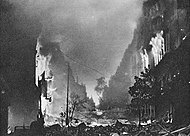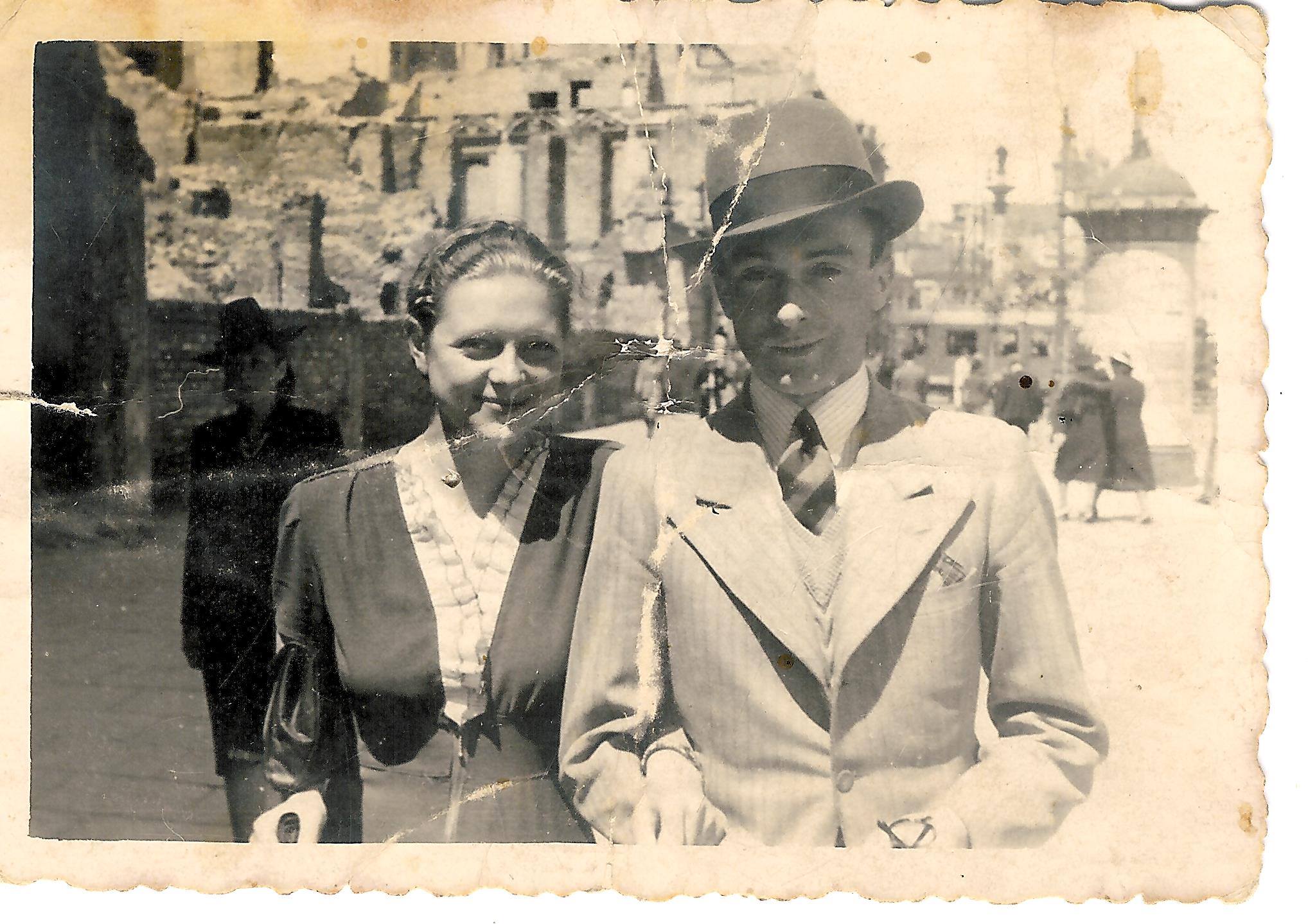It was 1942, three years after the German invasion of Poland. In the village of Rekowka, 90 miles south of Warsaw, German troops appeared in a house occupied by two families, Skoczylas and Kosiorow. Apparently acting on a tip, they were looking for Jews. Indeed, there were six Jewish people being sheltered by the Poles and living in an underground hideout. The trap door was found, and the hosts were forced to open it. Fortunately, or not, the inhabitants of the underground shelter weren’t there, probably also acting on a tip. The Polish hosts didn’t talk. They didn’t know where they were hiding or just didn’t want to tell. So the Germans rounded them up in a barn and put the structure on fire. When two young boys were able to escape out of the burning building, they were shot in the back. Then the Germans left. The Jews probably saw the fire and figured out what had happened. They didn’t come back.
The house survived to this day. The trapdoor is still there. Descendants of the murdered families didn’t have the emotional strength to open it up. Until recently. After a viewing of the abandoned shelter, the middle – age current head of the household emerged from the dark space with a white face.
The location is now recognized as a Polish national heritage site and one of a few preserved documents of people helping people.
Hiding of Jews was punished by death. No questions asked. And everyone knew about it.
Despite the threat, acts of humanitarian help were not uncommon.
We have several such examples in my own family.
During the German occupation, we lived in a few stories tall apartment complex in Warsaw. In the attic there was a Jewish family hidden and supported by our family and the neighbors. One day, Germans knocked at our door and ordered my father to go upstairs and open the door. Obviously, somehow they found out. My father was sent first to take a bullet or detonate a possible bobby trapped door. Fortunately, nothing happened, and the Germans didn’t find anyone. My father survived. Until the next time.
My two uncles, both in their twenties, were smuggling food to the Jewish ghetto through the tunnels under the wall. They were arrested and sent to Oświecim (Auschwitz). Nobody ever heard from them anymore.
After I was born, my mother was breastfeeding me. During the Warsaw uprising, after one of the devastating bombing of the city, Polish resistance fighters brought her two newborns, whose mothers were killed by Germans. Since, obviously, there were no baby formulas available, those two were doomed. Fortunately, my mother was able to nurse those two also, one of which was a Jewish boy. After a few months, they were weaned off milk and survived on real food. My mother tried, but was unable to find them after the war.
Those were the difficult times, and circumstances pushed human beings to the ends of their wits. Their convictions were tested. The price of the courage was high, and their integrity was not an empty word.The fact that one was able to preserve his or her values in the face of such terrible carnage gave witness to the essential goodness of humanity. Acts like these were not done for immediate and certainly not for material rewards. Quite to the contrary. For many people, adherence to their moral and spiritual principles was more important than any other values.



